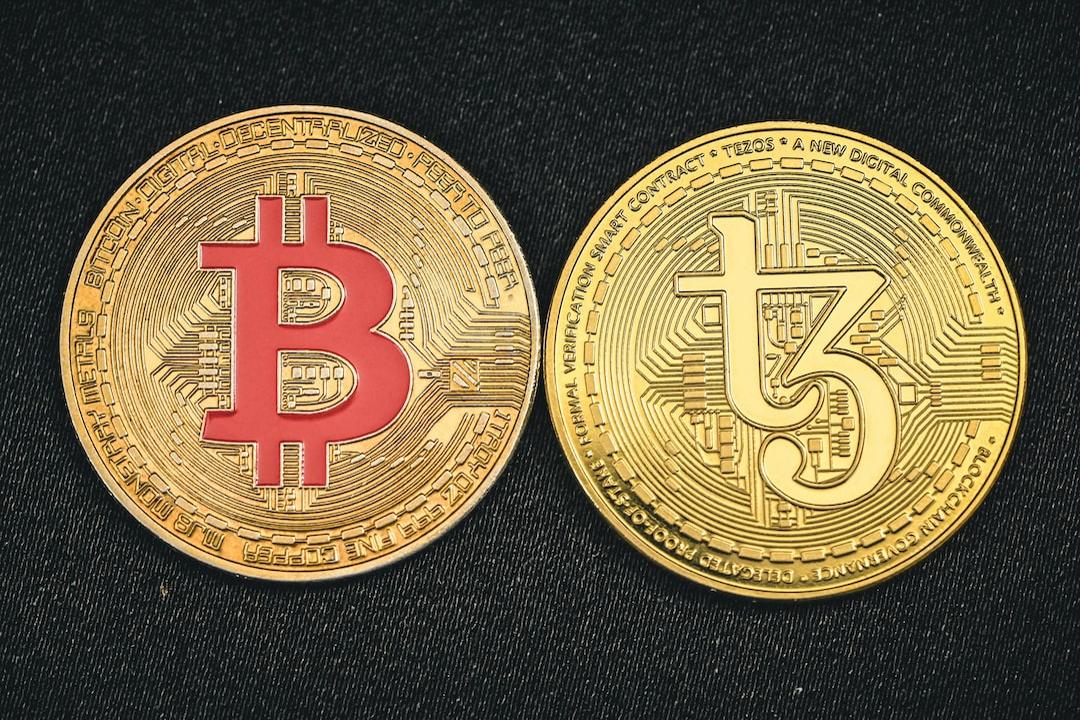Michael Saylor is skeptical about the launch of exchange-traded funds based on Ethereum’s spot price in the U.S., with some fund issuers also expressing doubts about it happening this year. In the meantime, other countries are taking the lead.
The race to introduce Ethereum-based ETFs in the U.S. is intensifying, mirroring Bitcoin’s lengthy and complicated journey to approval. The U.S. Securities and Exchange Commission is once again delaying providing a definitive response to the pending applications. Approval is crucial as it would enable investors to access ETH without owning the actual asset.
Grayscale and Franklin Templeton were initially expecting responses from the SEC in April, but their deadlines have now been extended to June. Similarly, applications from Fidelity and BlackRock have been put on hold. VanEck and ARK Invest are also awaiting responses, but prospects for approval are diminishing rapidly.
The main issue seems to be the SEC’s belief that Ether may be classified as a security rather than a commodity like Bitcoin. This uncertainty is causing concern within the crypto industry.
The lack of clarity dates back to June 2023 when SEC chair Gary Gensler declined to confirm whether he views ETH as a security. This contradicted previous guidance from his predecessor Jay Clayton. Gensler had also hinted at potential securities regulations regarding the staking process back in September 2022.
The classification of Ether is crucial as it determines the regulatory oversight in the U.S. If deemed a security, it could have significant implications for other altcoins.
In response to the SEC’s stance, Consensus recently filed a lawsuit in support of Ethereum, arguing against the commission’s interference, which could jeopardize America’s position in the digital economy.
Michael Saylor, known for his support of Bitcoin, has expressed doubts about the possibility of ETH-based ETFs being approved. He remains steadfast in his belief that BTC is the only viable cryptocurrency. Saylor’s skepticism is not surprising given his previous statements criticizing Ethereum’s security flaws.
The challenge now lies in the lack of communication between the SEC and firms seeking to launch an Ether ETF. Applicants are struggling to receive the necessary feedback to finalize their products, unlike the process for BTC ETFs.
Despite the regulatory uncertainty in the U.S., other countries are moving ahead with Ethereum ETFs. Hong Kong recently introduced an ETH ETF, potentially attracting investors from mainland China. Countries like Canada, Switzerland, Sweden, and Germany have already approved funds based on Ethereum’s spot price, some even offering staking returns.
With billions of dollars in assets under management in ETFs in other jurisdictions, the U.S. risks falling behind in the race to embrace Ethereum-based financial products.

